I always enjoy talking to Terence, both for the fact that there’s always something to talk about (Neptune Systems delivers a jaw-dropper at almost every MACNA show) and for the simple reason that he is a really cool guy to talk to and a true reefer at heart. This year, oh boy was there something to talk about! Kept in secret through the entire development period, the company’s upcoming flagship device, called Trident, was the focus point of Neptune Systems’ booth and it gathered crowds of curious aquarists. For those who missed the news, let me refer you to my other MACNA coverage post, where I explained Trident in more detail.
I couldn’t miss the opportunity to ask Terence about this new device and Nepune Systems’ plans for the near future. I hope you’ll find the conversation interesting…
Me: Hey Terence. Nice to see you again, you seem really happy today!
Terence: Ha, I have a reason to be so, right?
Me: You sure do and so am I. I ran to your booth when I learned about the announcement. I couldn’t attend the meeting you held before, so I missed the first hand-experience, but anyway, here we are. So, Trident, wow. Talk to me…[smiling]
Terence: Yeah, I know. We are very proud of our new addition to the neptune Systems line of products.
Me: What made you focus your time and budget to develop such a ground-breaking device?
Terence: One of the things that we talked about at the meetup is that what we are already doing as hobbyists, the test kits that we are using, they’re good. They are really good. The methodology behind water testing is quite the same scientists use. The problem, generally speaking, is the machine that is doing the testing, which has traditionally always been a human being. To make the test inexpensive and easy to use, we as aquarists are not given the elaborate glassware and all the equipment for real science titration method. The simplification is there so it’s easy for humans to follow the simple steps and achieve satisfactory results in the end.
What we set out to do, through cooperation with Jim [Welsch], was to come up with the methodologies to test all three [Calcium, Alkalinity, Magnesium] with tritation, but doing it in a way that won’t require a lot of bottles, a lot of work other than [pointing at the inside of Triton] stick it in there and turn it on.
Me: I must say, the unit is really slim and pleasing to look at…
Terence: Yes, we also wanted to make sure everything is nice and neat, that it is a compact unit that would look good near the aquarium.
Me: How long will the test work until the reagents are depleted?
Terence: You get a full month of test at 4 test a day for alkalinity, 2 test a day for Calcium and Magnesium, which in my mind is more than enough for most people. I’ve been running mine for a year now and that frequency of testing is perfect for me, if not a little too frequent.
Me: I assume you can change that frequency through Apex…
Terence: Absolutely. If you need to test your tank 6,8, 10 times a day, you can change everything through apex. You will be burning through the reagents faster, naturally, but you can do whatever you think your tank needs. The concept is similar to an inkjet printer, the more you “print’ the more often you would need to change the “cartridges”.
Me: Explain how Trident works and what are the components inside of it.
Terence: Basically, you have the three reagents, the tube for tank water and another tube for waste water. That’s it. There is no rinse water, no RO/DI water, there are no different components for reagents to mix, just plug it in to your apex, hook it up to the tank and you’re done.
Me: How long did it take you to develop that thing?
We’ve been working on it since last MACNA, just to get something that is reliable and to work out all of the details. You have to understand that there are a ton of electro- mechanical operations happening inside Triton to produce results.
Me: Yeah, I imagine…
Terence: Obviously, there’s more work to do. We need to refine the unit and make it ready for production and test it before we release it. There is a chain of steps in order to get this unit to the end consumer.
Me: I guess the big question is when?
Terence: We are aiming to have it ready for the NSI (neptune Systems Insiders) team in the first quarter of next year. That is a little ambitious, we’ll see what we can do.
Me: Do you know how much it is going to cost?
Terence: Between $500-600.
Me: And the reagents?
Terence: Reagent kit will be sold as a 2-month kit, under the same frequency I told you before and it will cost about $40.
Me: I think I would get more than that, I wouldn’t plan to test Calcium and Magnesium as frequent as Alkalinity. Will you be able to buy the reagents separately?
Terence: We don’t know yet. Most likely, we will, it all depends on the price. If we decide to sell them individually, they will be more per reagent than if you’d buy them in kit.
Me: Right, that is understandable. Hey, what about COR?
Terence: COR is in its final phase, NSI team is already beta testing it and when we finalize all the marketing and distribution details, we will release it. Expect it sometime near the end of this year.
Me: Awesome. Thanks Terence. It was great talking to you and I can’t wait to share this news with our subscribers.
Terence: My pleasure, Marcin.

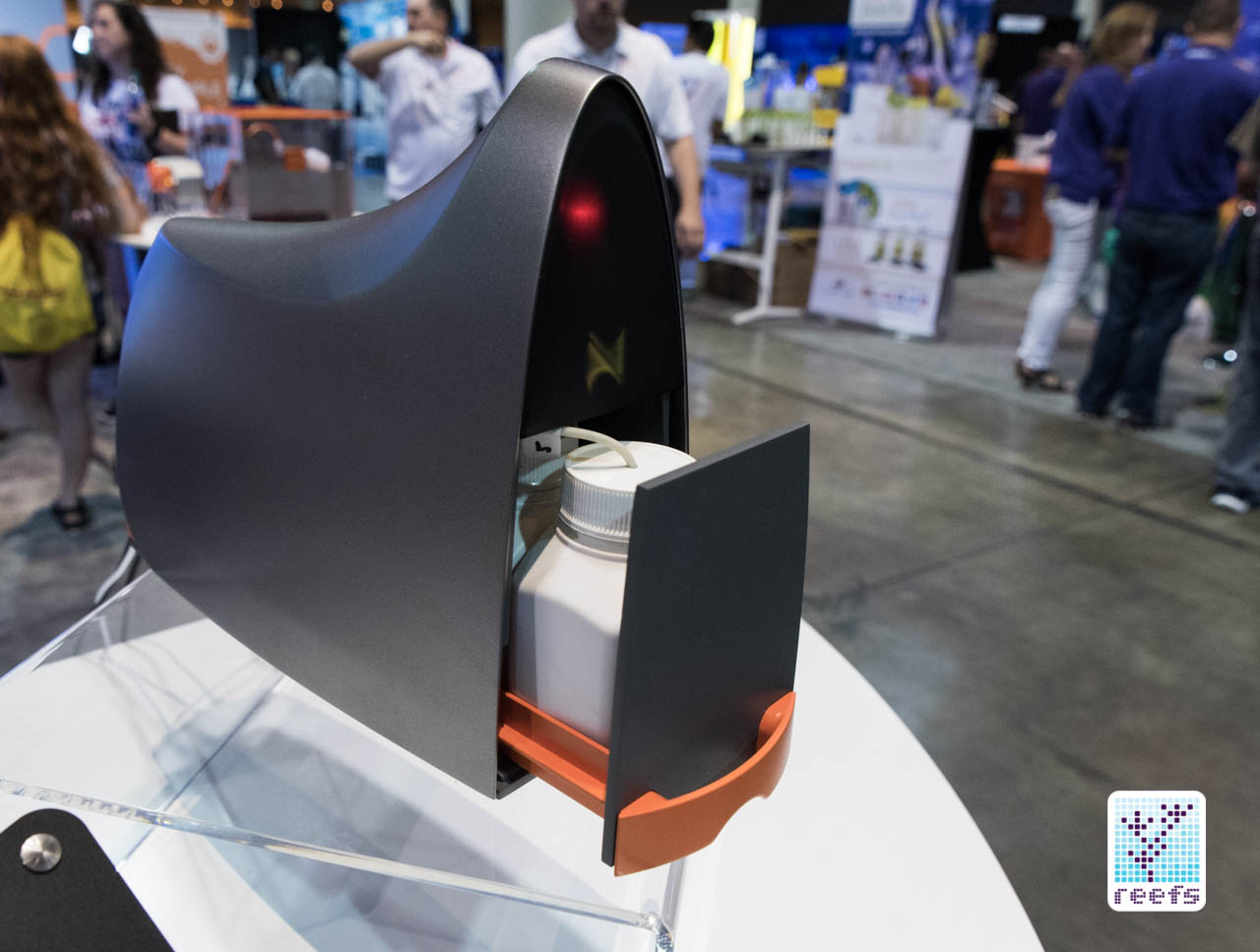

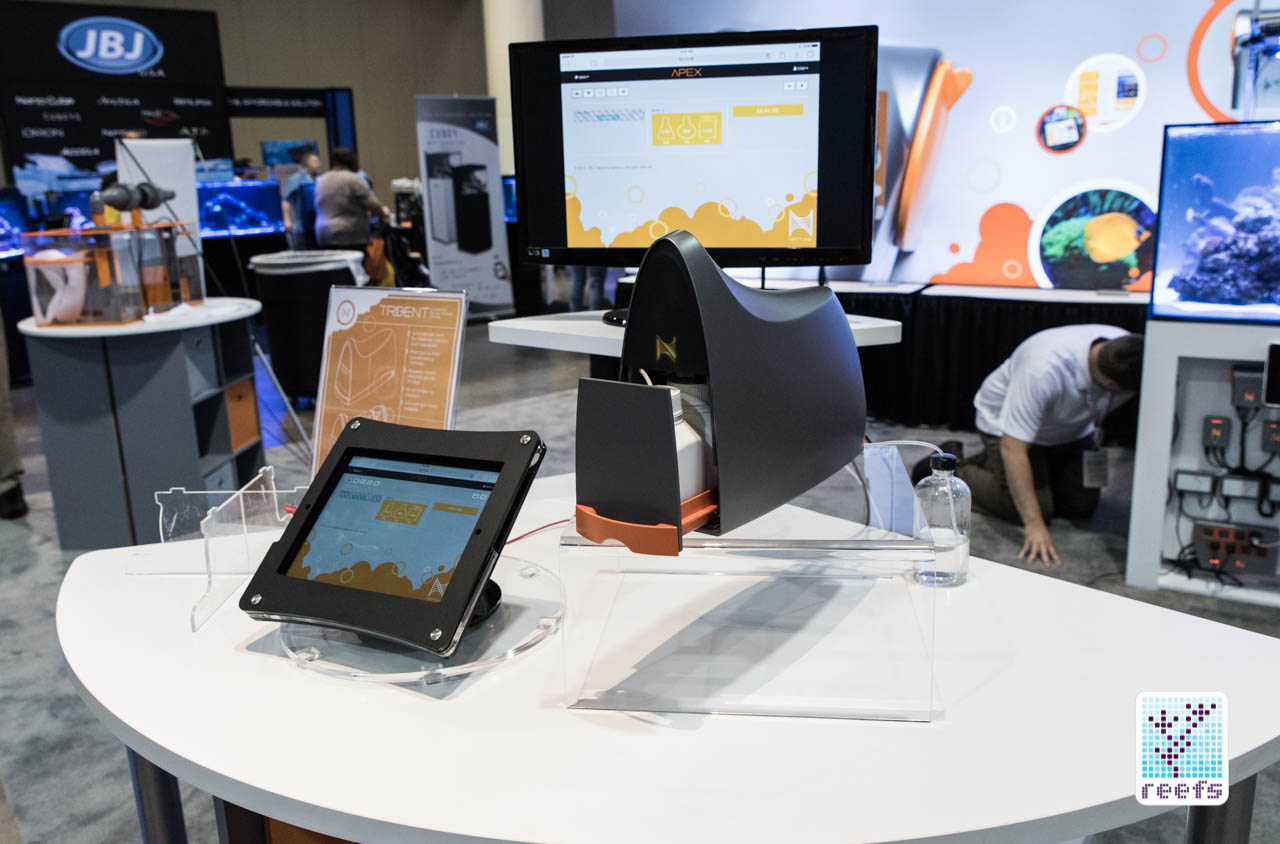
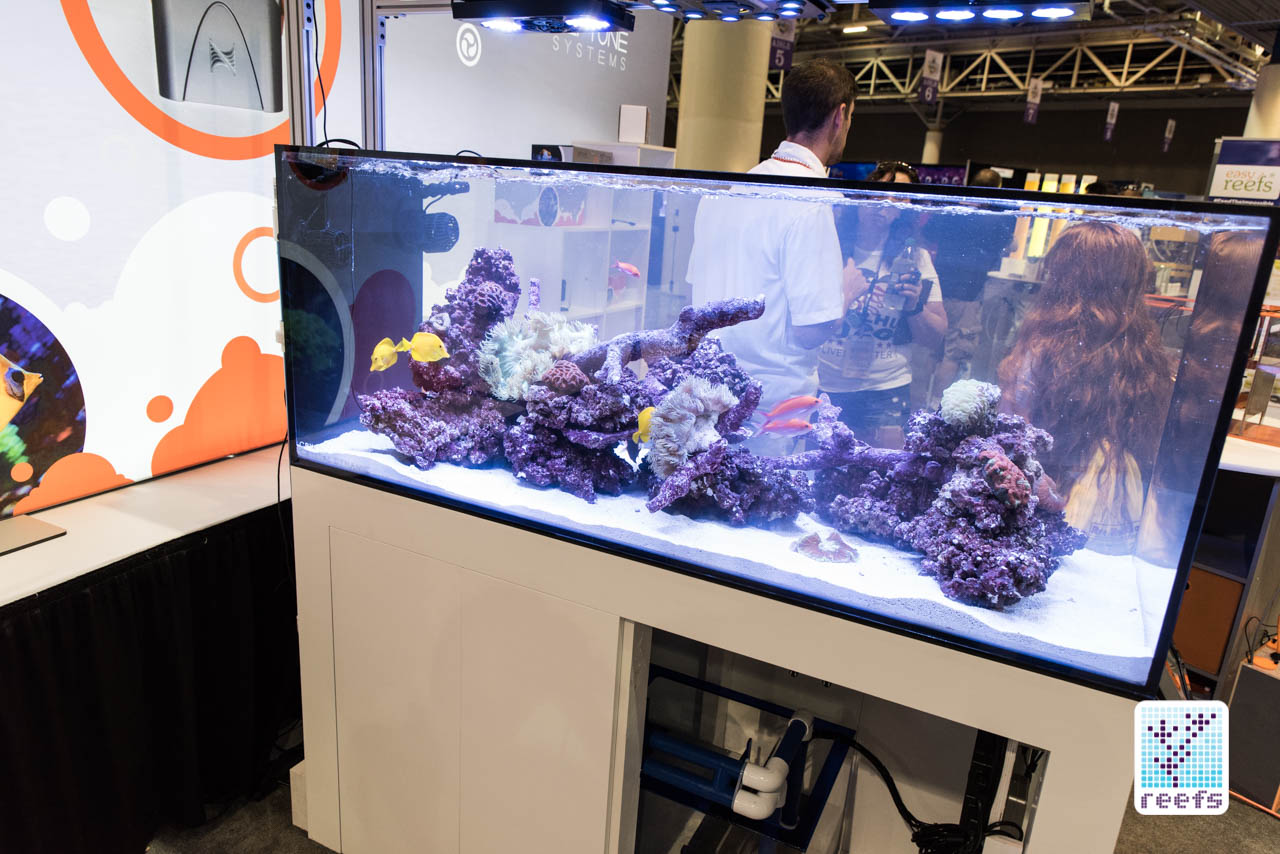


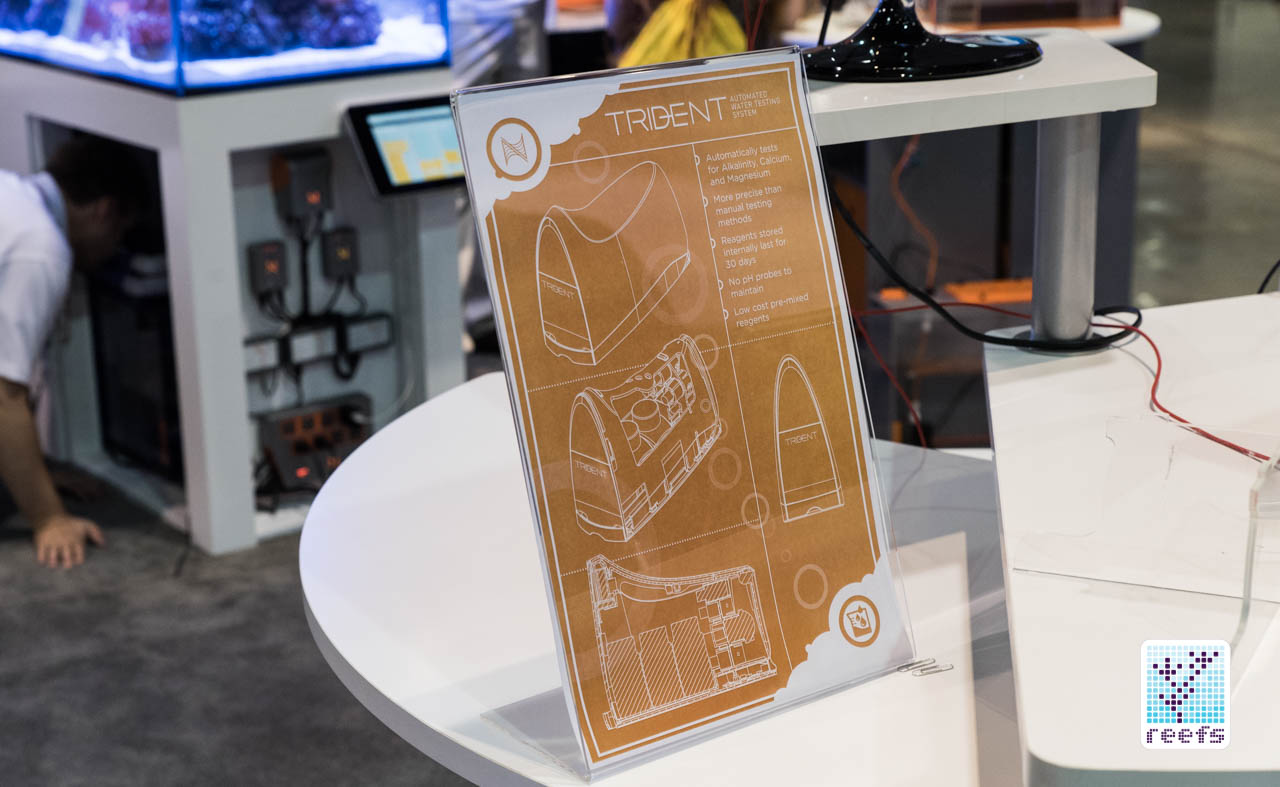
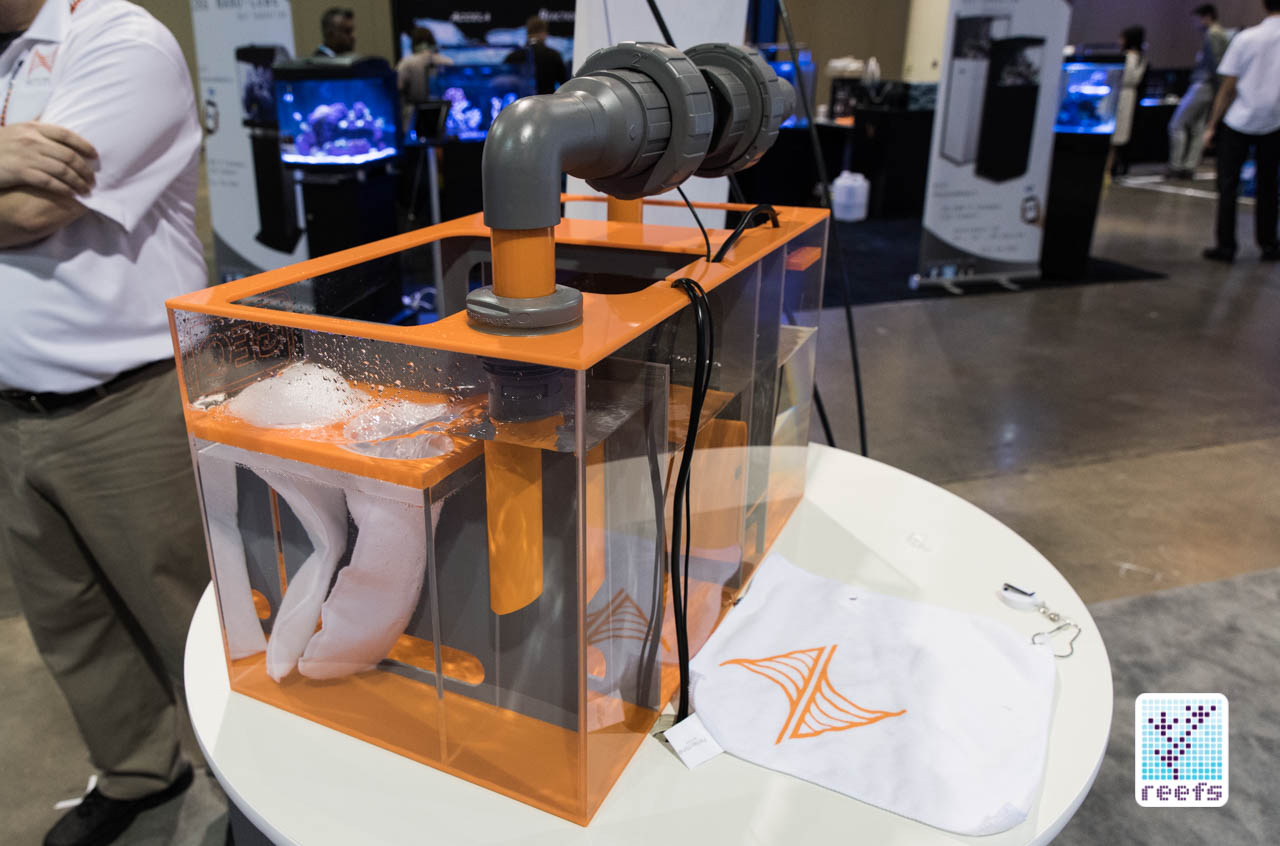
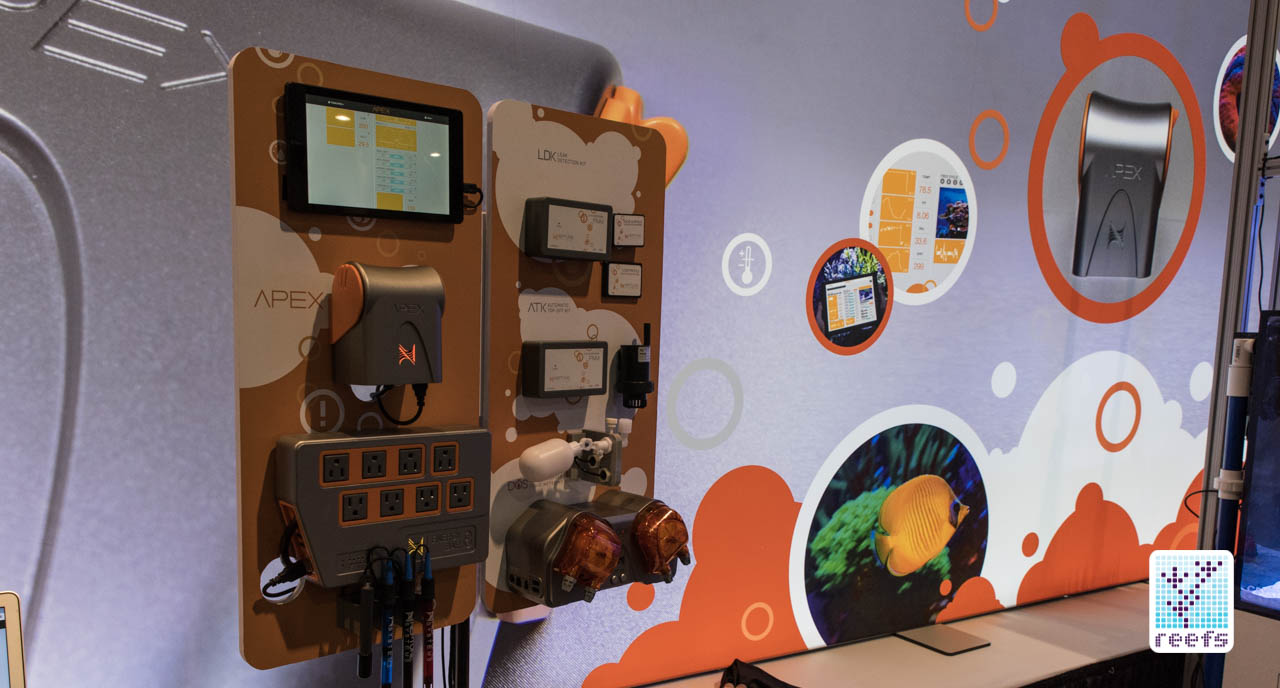
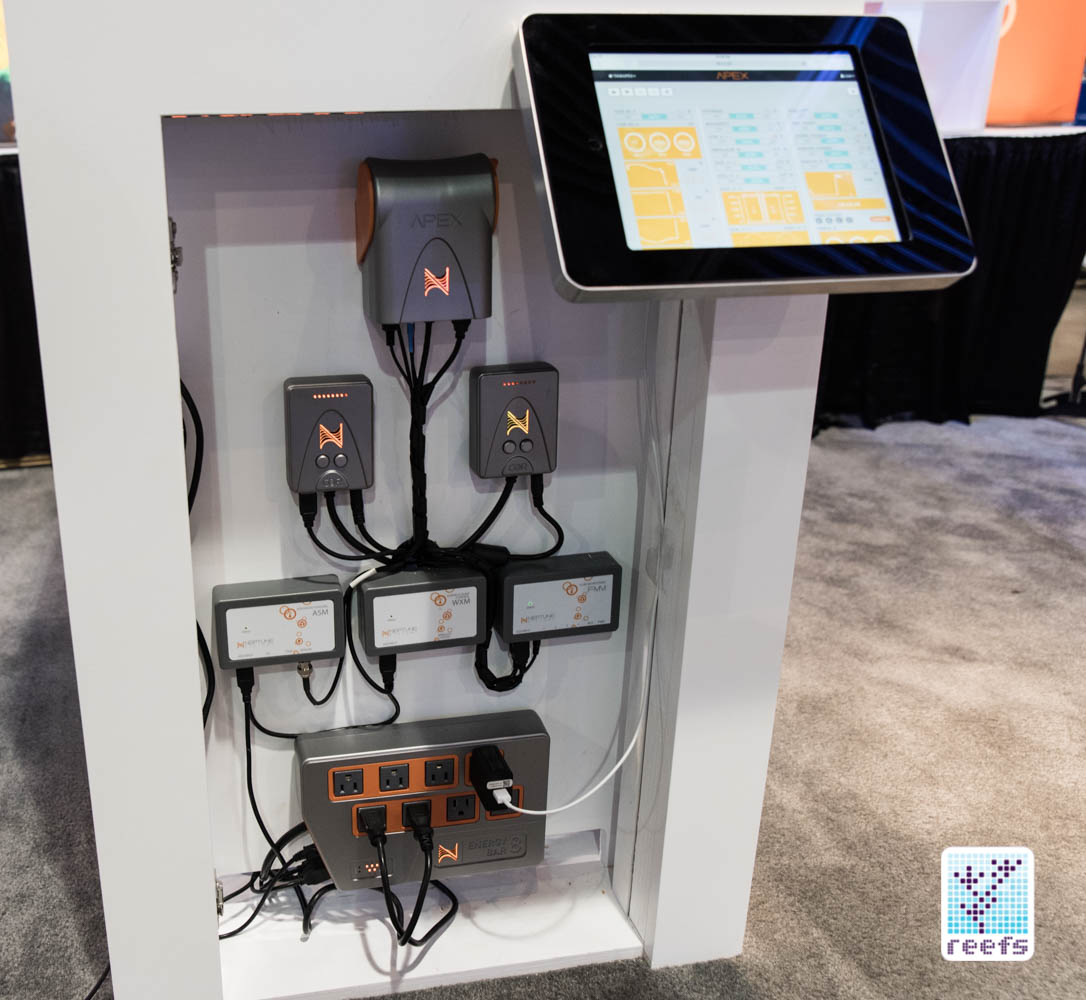
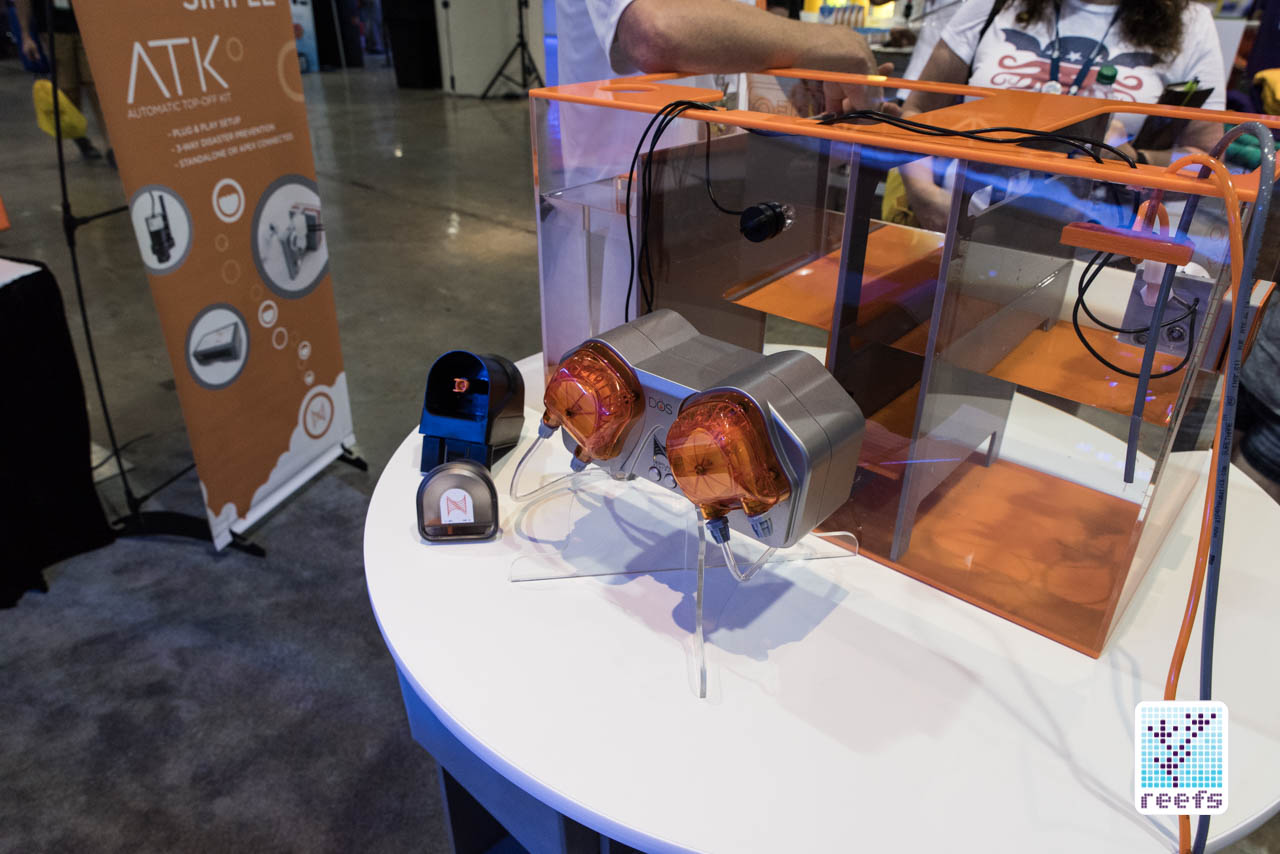
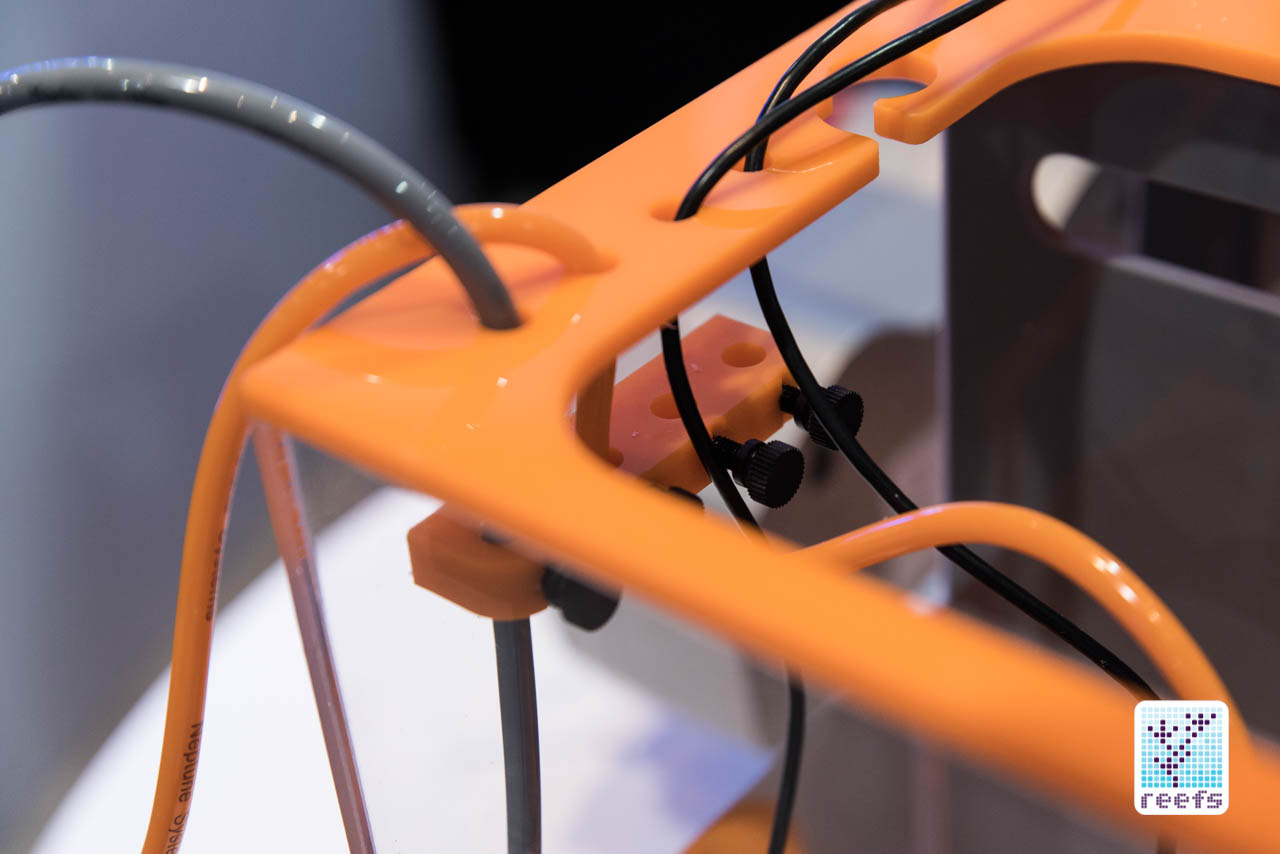
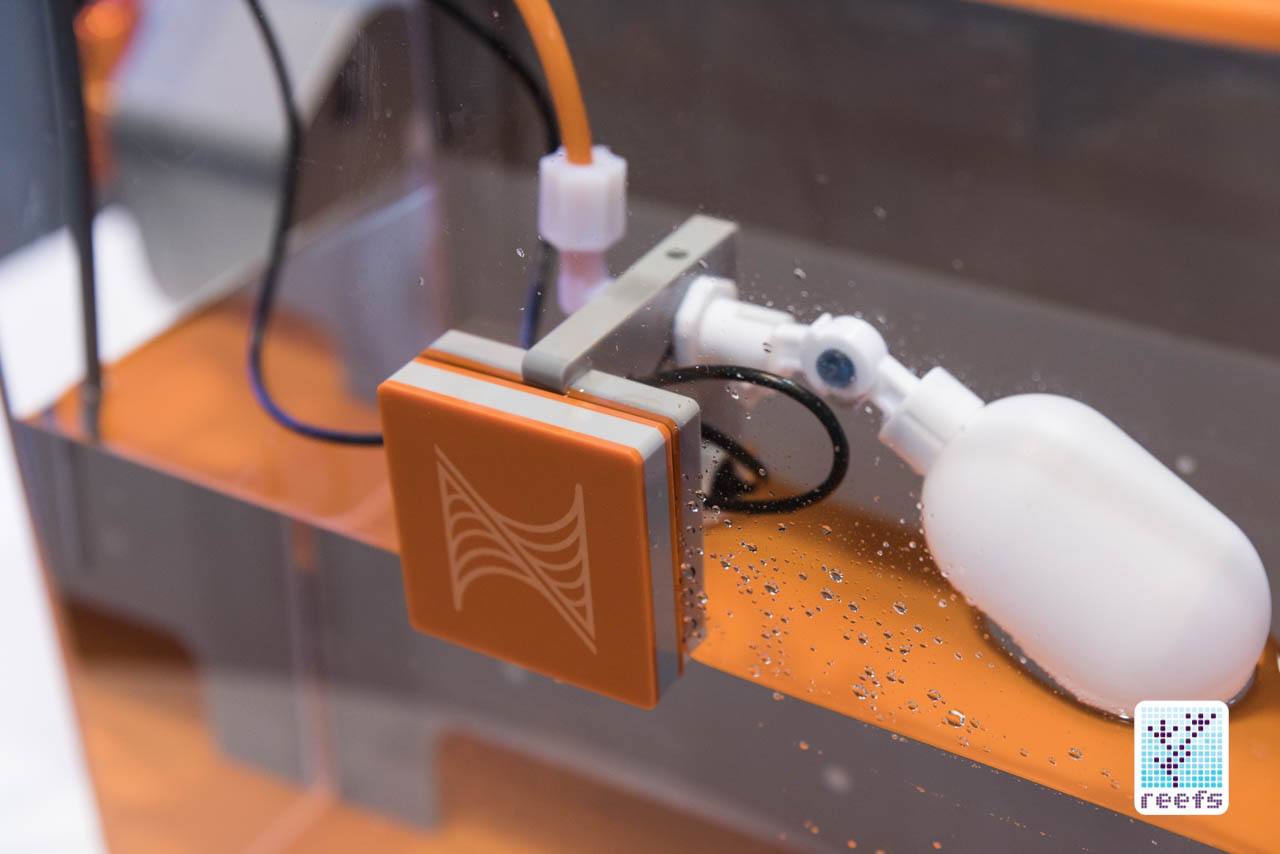
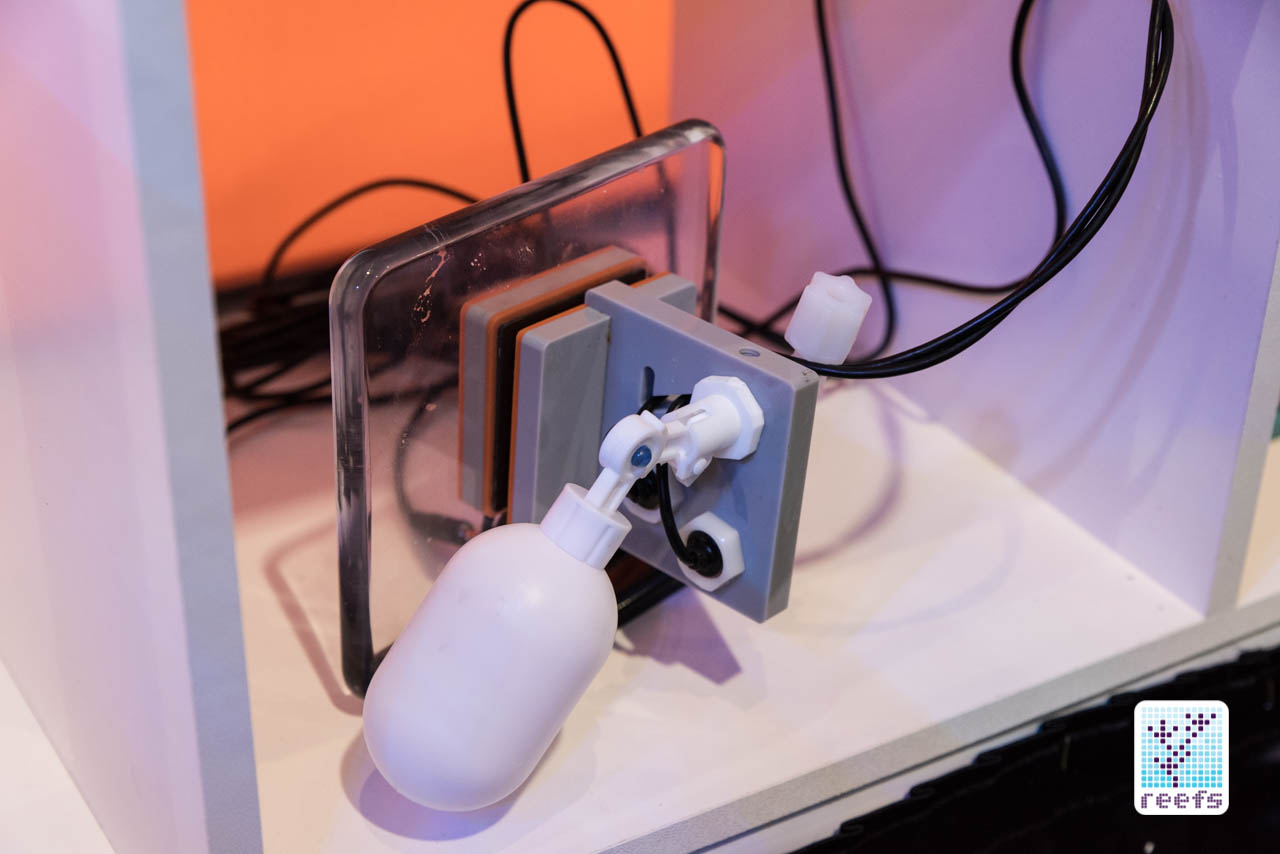








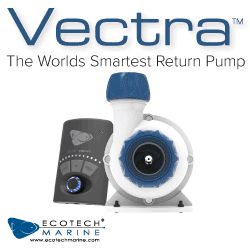
0 Comments